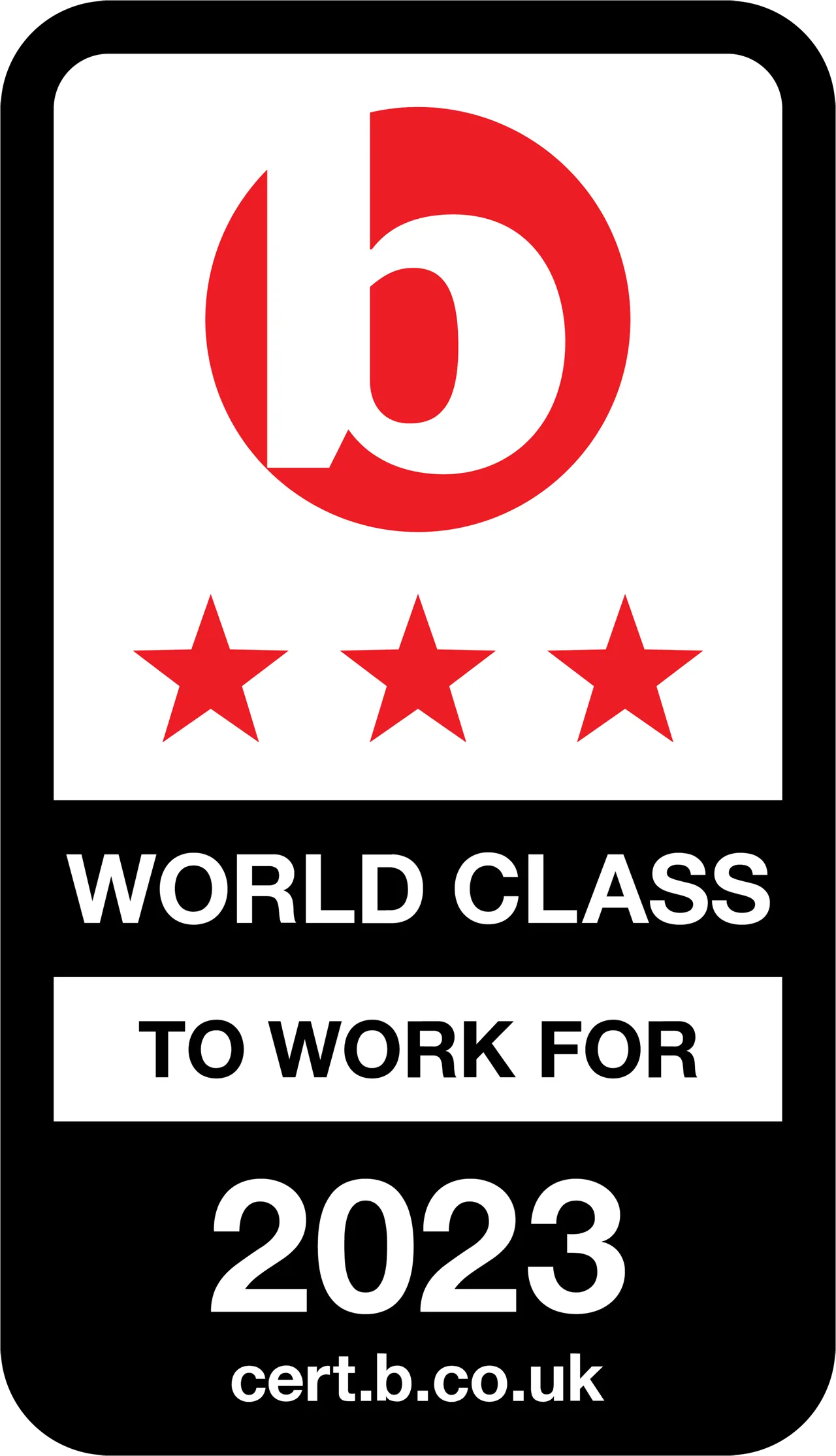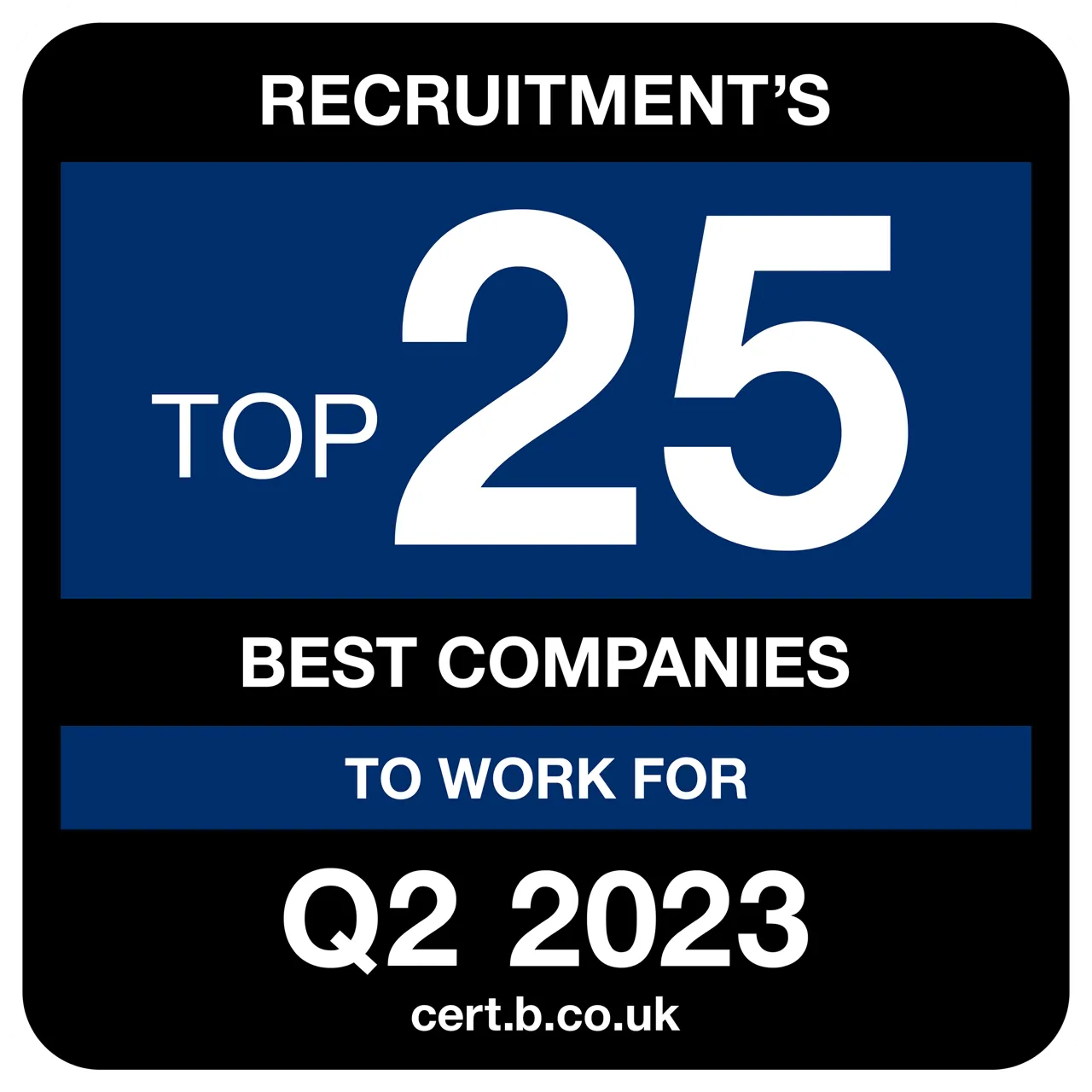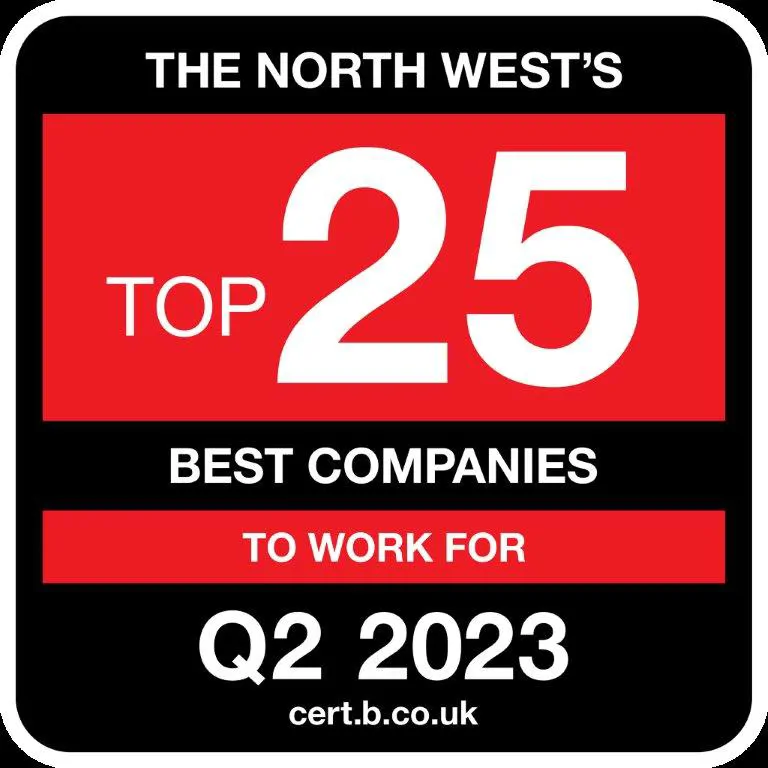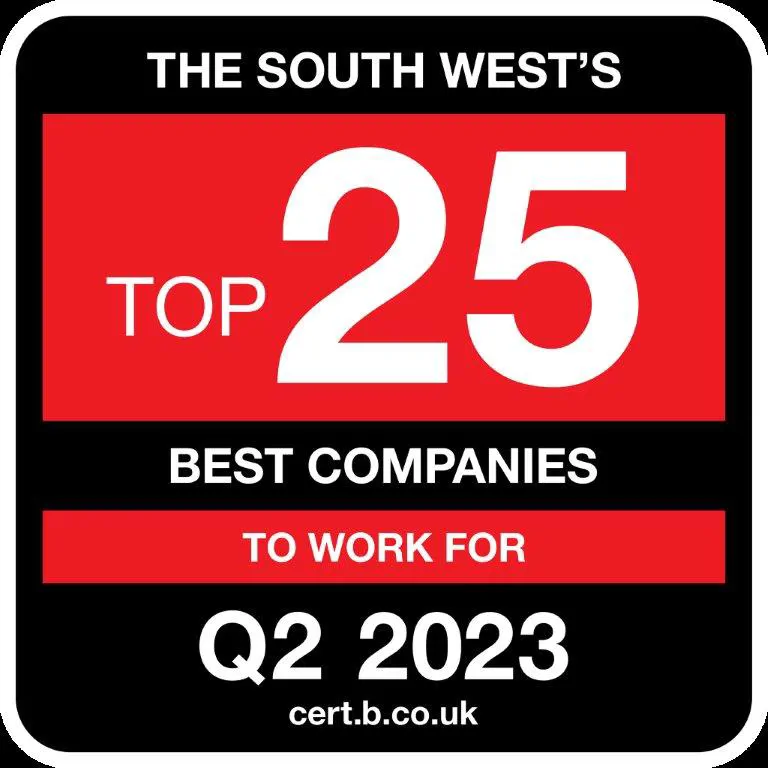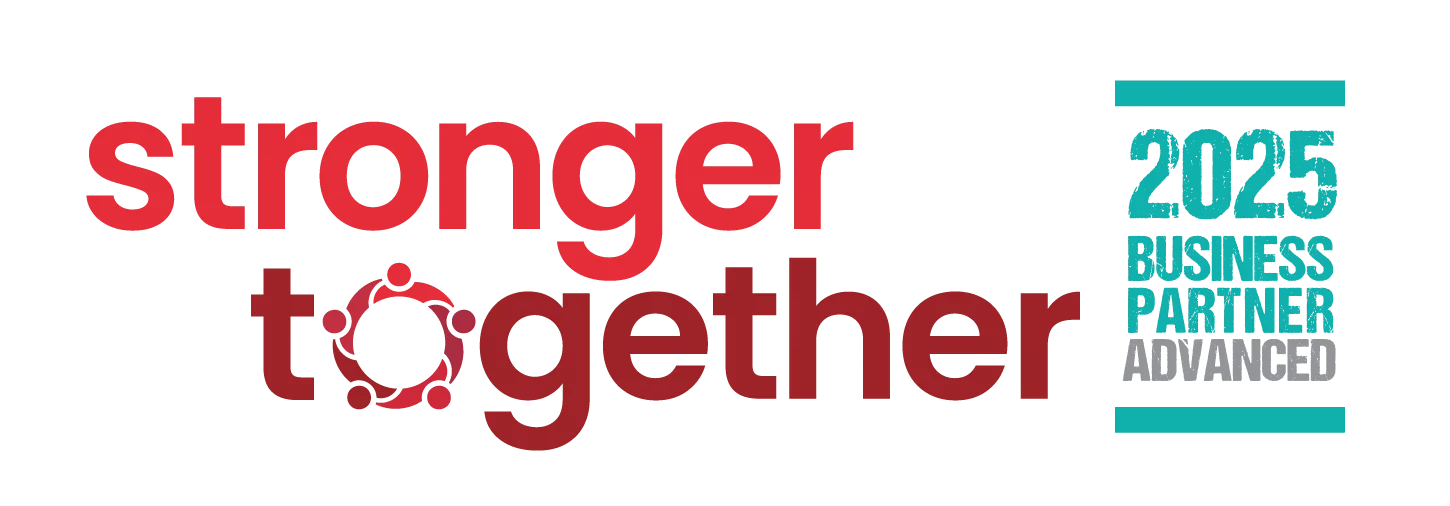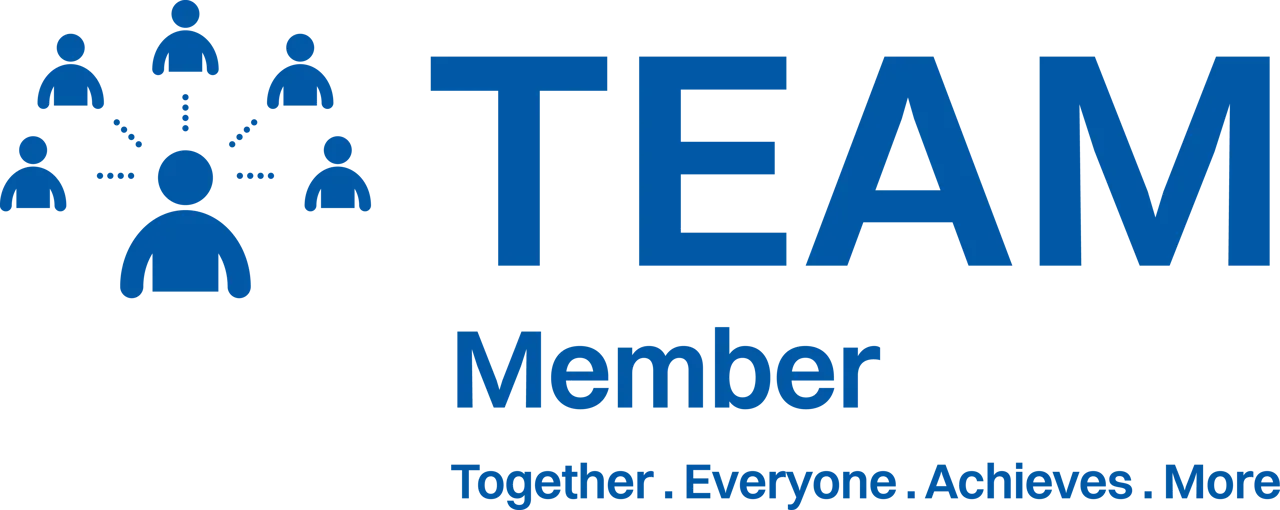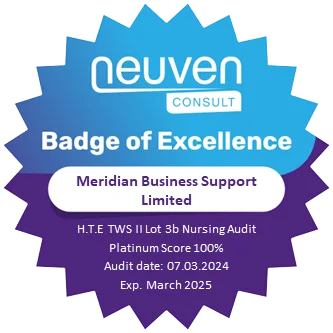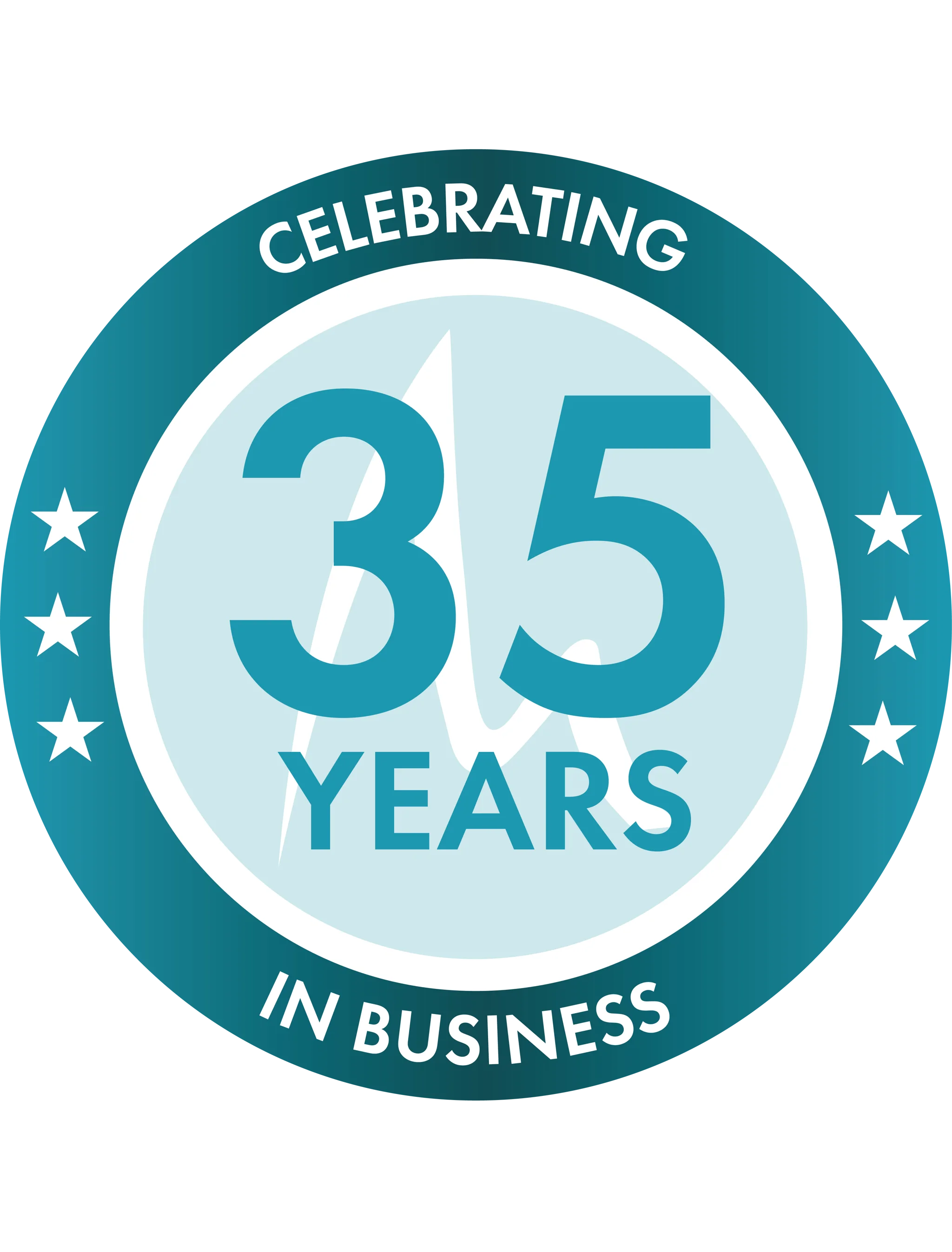Word trash' | Study reveals which words people HATE hearing most at work
10 Dec, 20204 minutesCommunication in Remote WorkSince the pandemic pushed most companies into remote working, al...

Communication in Remote Work
Since the pandemic pushed most companies into remote working, almost all have adopted the use of professional messaging platforms such as Slack and Microsoft Teams. The systems, which allow whole companies to talk almost as fluently as they would in an office environment, if not more so, are extremely effective in a time when keeping up communication is key.
However, in the strive to be seen and heard, and when whole companies are privy to conversations and eager to have their input, chat streams can quickly devolve into a quagmire of noise, with essential information getting lost in the mix.
This is often the case because of what some call ‘word trash’ – AKA unnecessary chatter that lends no insight, nor does it offer anything other than to make it harder to find actually valuable information. It also includes phrases that meander around the point, instead of being straight and clear in meaning.
Examples of ‘word trash’ include asking colleagues ‘how is everything?’ or adding unnecessary fluff to sentences such as ‘I’m not gonna lie but…’. In fact, The Independent recently conducted some research into the specific phrases that most infuriate workers. The research, which was called Business Phrases Most Likely to Make You Scream noted the following:
- Touch base/follow up offline
The 2,000 respondents to the Independent’s research overwhelmingly agreed that this phrase was the most frustrating. People noted that it offers no clarity over someone’s position and doesn’t even highlight how the conversation will carry on. Leaders need to be as specific as possible, noting how and when they intend to talk to someone. - Just
Second on the list of infuriating ‘word trash’ was just. The word is almost always sentence fluff, with no true insight and definitely used almost entirely out of its true meaning. ‘I just wanted to talk about..’ is apologetic, soft-worded, and unnecessary. ‘I wanted to talk about…’ is as insightful but cuts the fluff. - Any questions?
Another key source of frustration for employees is broad and opened-ended questions such as the above. When following up a presentation or a speech with an opportunity to ask questions, people are far more likely to respond if you give them an opportunity to question specific elements of the discussion. For example, ‘would anyone like to comment on x…’ will offer people a specific area to critique, whereas a lazy ‘any questions?’ gives no direction to the conversation. - How is everything?
Similarly, attempting to start a line of conversation with such a broad question only serves to frustrate people. Everything is literally as broad as can be, are you asking about family life? Work? How people are feeling? To actually start a conversation, ask targeted questions based on what you really mean, not pleasant vagueness. - If I’m honest
Another regularly-used sentence dressing is ‘if I’m honest’ or ‘not gonna lie’. Are you telling people that up until now you’ve been lying? The words you use regularly influence how people perceive you. If you subtly suggest that you’re often dishonest, it’s only a matter of time before that starts to sink in, at least on a subconscious level. Instead of perpetuating negative reinforcement, cut these phrases from your vocabulary today.
Source: Executive Grapevine




